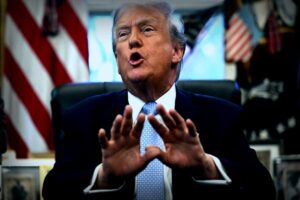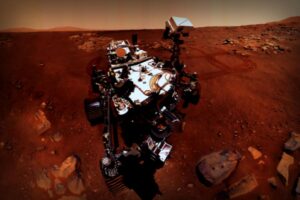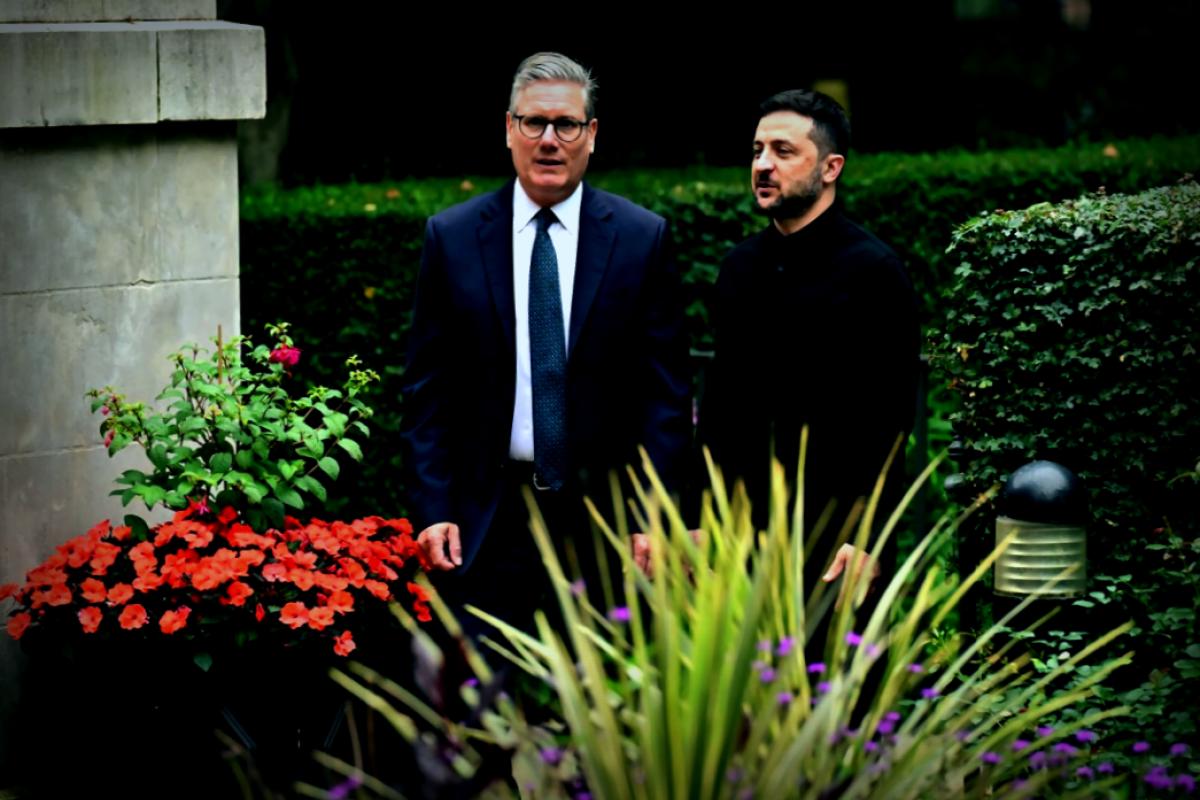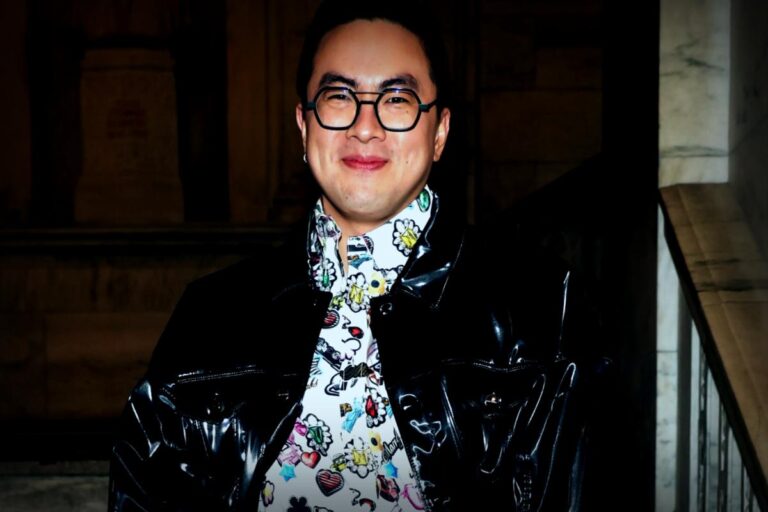In a crucial event scheduled for Monday, Sir Keir Starmer, the UK Prime Minister, will be part of an important gathering in Washington with other European leaders including Volodymyr Zelensky, the President of Ukraine, and Donald Trump.
This meeting comes on the heels of confirmations from key figures such as Ursula von der Leyen (European Commission President), Friedrich Merz (German Chancellor), Emmanuel Macron (French President), and NATO Secretary Mark Rutte, all of whom will be present.
Finnish President Alexander Stubb and Italy’s Premier Giorgia Meloni are also expected to attend, making this a notable assembly of European leaders.
The urgency behind this meeting is amplified by escalating concerns that Ukraine might have to give up some of its territory to Russia. Reports have surfaced indicating that Trump appears to support Putin’s proposals to resolve the ongoing conflict that has become the deadliest since World War II.
During a tense meeting in Alaska on Friday, it was reported that Putin suggested freezing the military front lines in Kherson and Zaporizhzhia, but simultaneously, Moscow has demanded that Ukraine withdraw its troops from contested areas in the Donbas region.
Additionally, Putin is asking for guarantees for the Russian Orthodox Church in Ukraine and to reinstate the Russian language as an official language, which has raised further concerns among Ukrainian leaders.
This past Saturday, Trump advised Zelensky to seek a peace agreement with Putin, emphasizing a direct approach over temporary ceasefires that rarely hold.
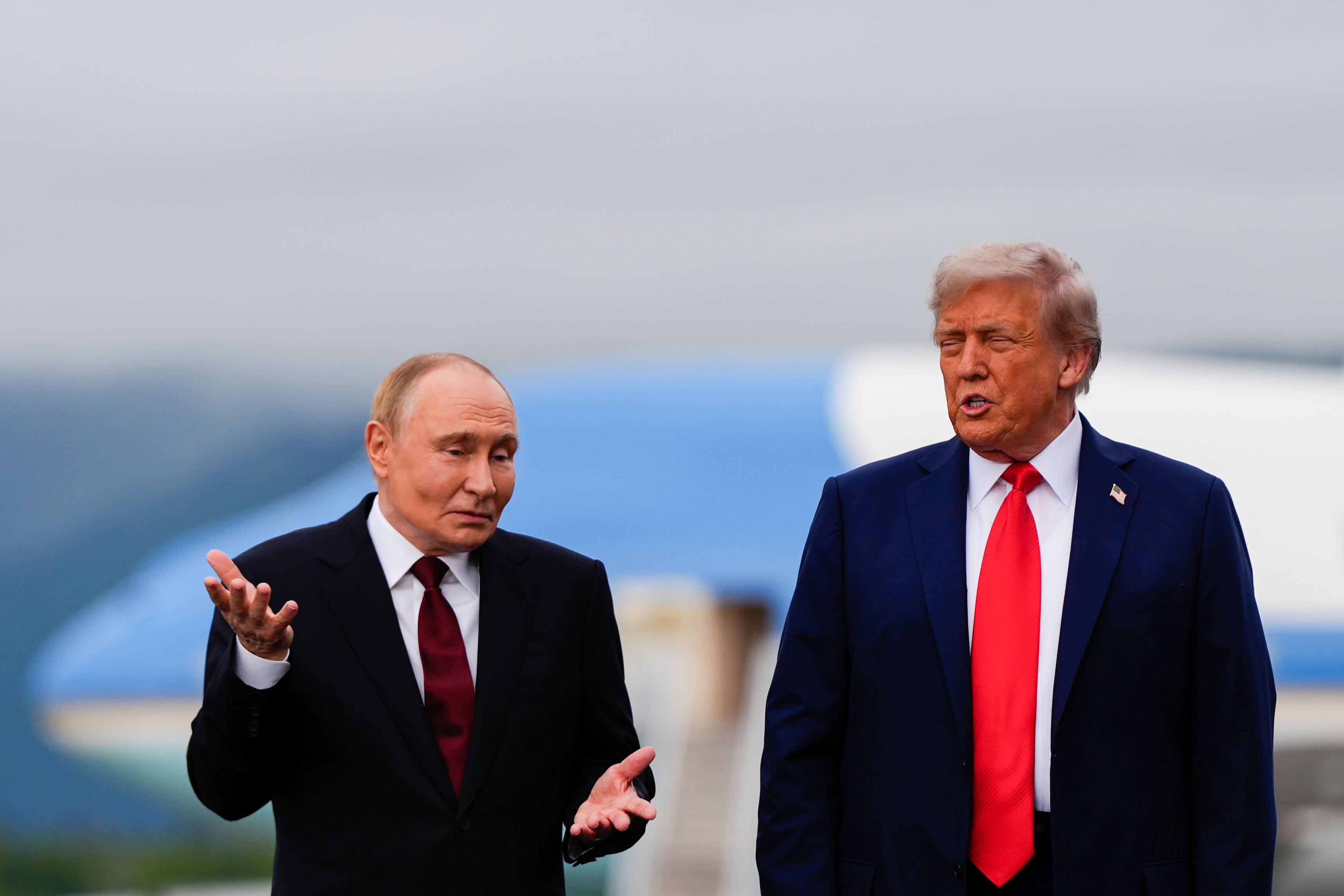
On his social media platform, Trump noted that the most effective solution would be to pursue a comprehensive peace agreement, rather than settling for a ceasefire that’s often fragile.
In anticipation of this meeting, Zelensky, making his first trip to Washington since the controversial Oval Office encounter, conveyed to Trump during a phone conversation post-summit that he views Putin as untrustworthy.
In the event of a peace deal that could involve ceding land to Russia, reports indicate that the US may offer Ukraine certain security guarantees akin to NATO standards, albeit without full NATO membership.
Currently, Russia holds roughly 20% of Ukrainian territory, raising alarm among European leaders worried that any peace agreement could entrench those territorial claims and even embolden further Russian advances.
A head of the meeting with Trump, Starmer will gather with fellow leaders—including Macron and Merz—under the banner of the “Coalition of the Willing,” where they plan to discuss collaborative efforts moving forward with the intent to possible reconvene for trilateral talks that will include European backing.
In their joint statement, they made it clear they would support a resolution but stressed that the onus is on Ukraine to determine decisions regarding its territory and that no borders should be changed through force.
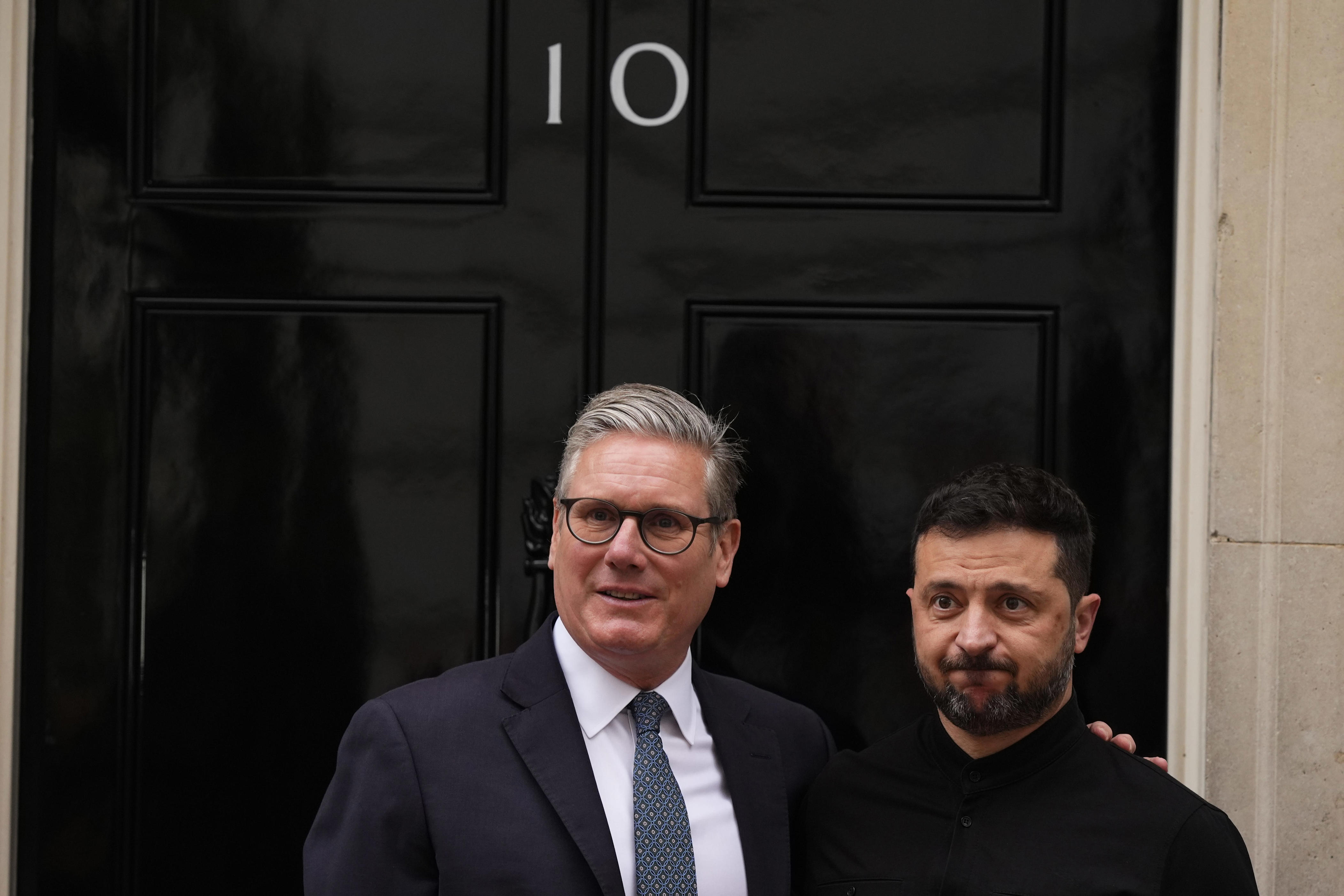
After discussing with Trump and Zelensky following the Alaska summit, Starmer expressed optimism, stating that the president’s efforts bring the chance for peace closer than ever.
Contrastingly, Ukrainian lawmaker Oleksander Merezhko expressed astonishment that Putin reasserted that the roots of the conflict must be discussed, commenting on the dangers of Trump aligning with this perspective.
Kira Rudik, from the opposition Holos party, summarized the situation grimly, saying, “Trump greeted a dictator while Ukraine secured nothing. Hayy are all talk and no action—sanctions threaten but rarely materialize, allowing bullies to thrive on what they find amusing.”
Former Prime Minister Boris Johnson remarked on the discourse as possibly one of the most disheartening instances in international diplomacy’s history.
Moreover, Kaja Kallas, EU’s Foreign Policy Chief, highlighted the sincerity of Trump seeking peace but warned of Russia’s intentions, suggesting the war is here to stay for the foreseeable future.
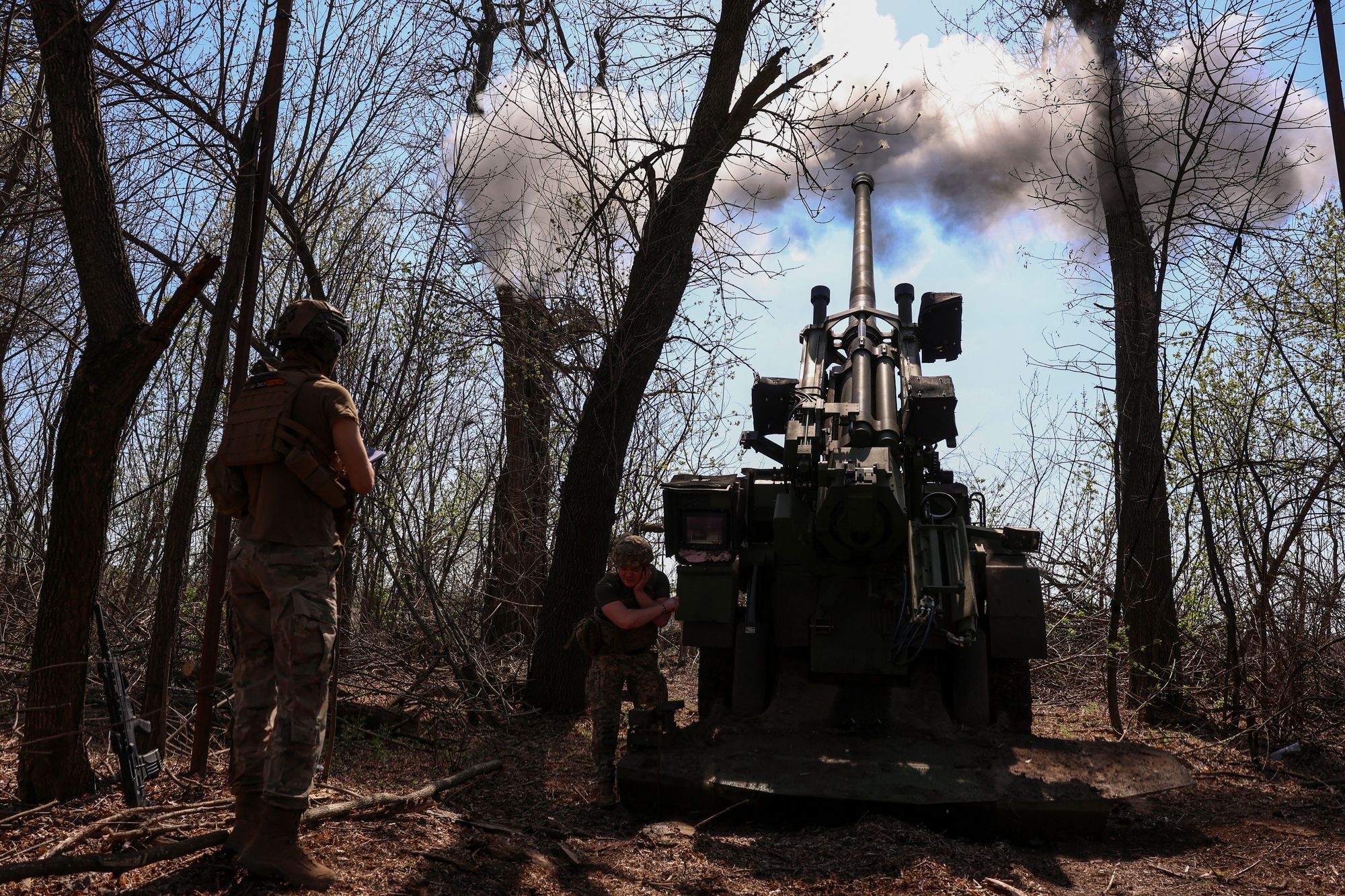
Post-summit, Zelensky reiterated focused aspirations for genuine peace, one that endures and quits the cycle of temporary calm interrupted by potential Russian aggression. He demanded an end to all hostilities on multiple fronts, including battles and assaults on infrastructure.
Following Russia’s invasion of Ukraine in February 2022, Ukraine’s desire to join NATO has continually faced Russian backlash.
Despite nearly three hours of discussions with Putin not yielding any groundbreaking agreements to conclude the ongoing conflict, Trump asserted that there was progress made.
Post-meeting, Putin claimed they had reached a certain mutual “understanding” regarding Ukraine and cautioned Europe against sabotaging the progress made so far.
On the battlefield, Ukrainian troops reported gains, successfully pushing back Russian forces by approximately two kilometers in the northeastern area of Sumy on Saturday, amidst lingering tensions.



